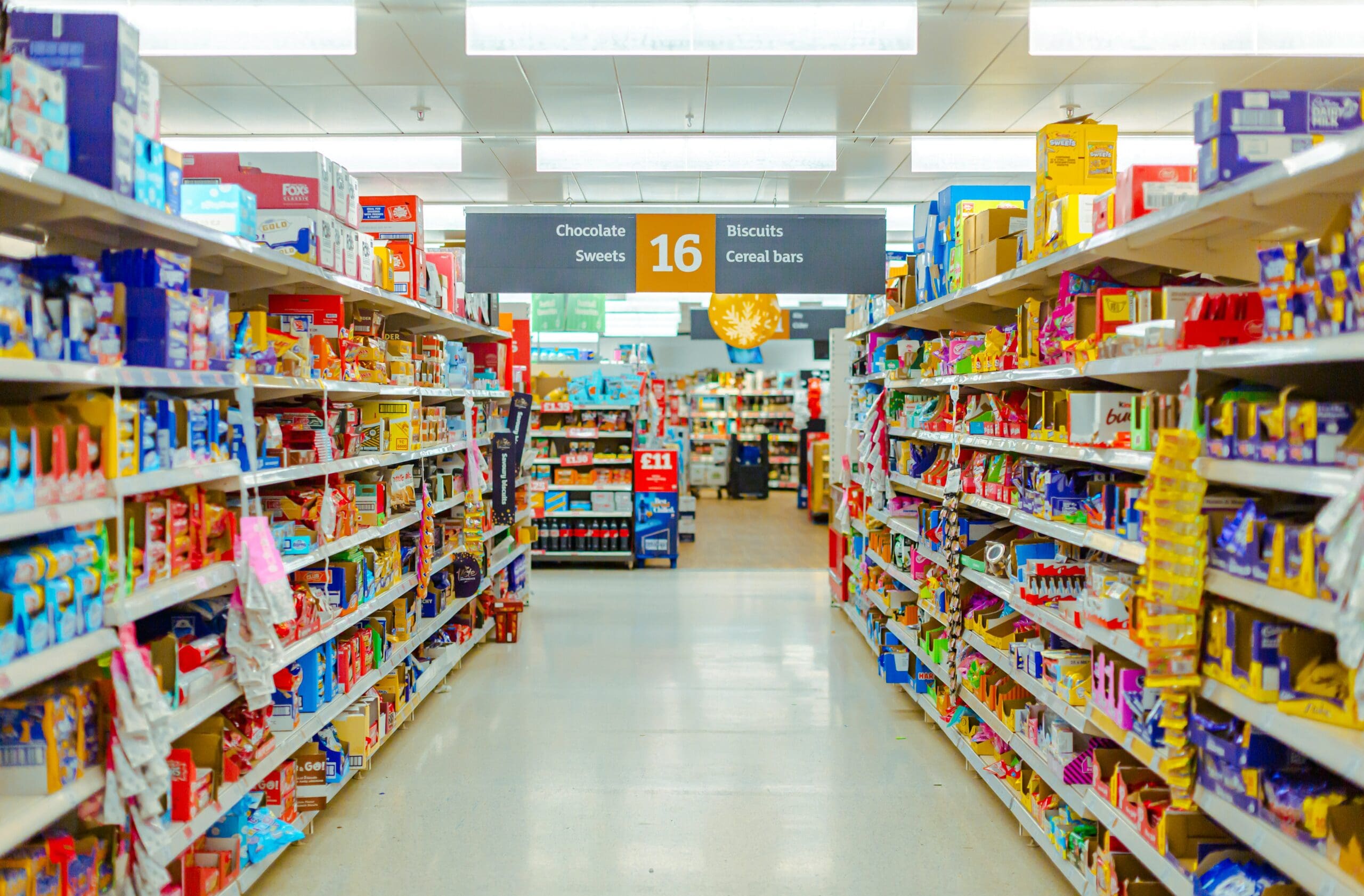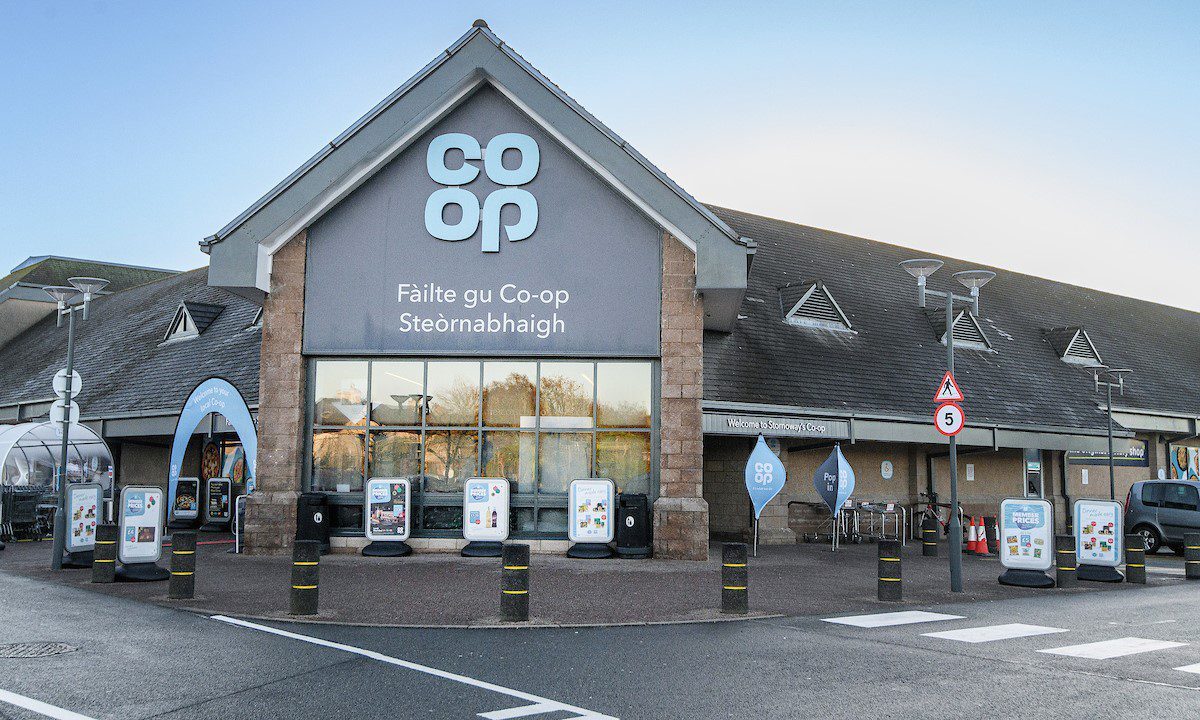Register to get 2 free articles
Reveal the article below by registering for our email newsletter.
Want unlimited access? View Plans
Already have an account? Sign in
A number of suppliers of branded grocery products “raised prices faster than costs rose”, according to the CMA’s latest findings from its review of competition among supermarkets.
The news follows an initial assessment that focused on retail competition in the groceries sector from July, which identified 10 product categories including milk, baked beans and baby formula for further analysis.
In October, the regulator found that high inflation has been driven largely by rising input costs, particularly for energy and key agricultural inputs like fertiliser.
However, evidence collected by the CMA also indicated that, over the last two years, around three-quarters of branded suppliers in products such as infant formula, baked beans, mayonnaise, and pet food have increased their unit profitability, which have contributed to higher food price inflation.
As food prices have risen, the CMA also saw that many consumers have switched away from brands towards own label alternatives in all but baby formula, despite prices having risen by 25% over the past two years.
Evidence suggested that branded suppliers of baby formula have also increased their prices by more than their input costs. On top of this, two firms have around 85% of the market share and the category has maintained high profit margins over the last two years.
According to the CMA, the switching of products from branded to unbranded is positive for competition and allows the switch to “lessen the impact of high food price inflation”. But unlike other products, there is little evidence of parents switching to cheaper branded options of baby formula.
While regulation ensures that all baby formula – including cheaper options – provide all the nutrients a healthy baby needs, the CMA has raised concerns that parents may not always have the right information to make effective choices. It is also concerned that suppliers may not have the right incentives to offer infant formula at competitive prices.
Sarah Cardell, chief executive of the CMA, said: “Food price inflation has put huge strain on household budgets, so it is vital competition issues aren’t adding to the problem. While in most cases the leading brands have raised prices more than their own cost increases, own label products are generally providing cheaper alternatives.
“The picture is different when it comes to baby formula. We’re concerned that parents may not always have the right information to make informed choices and that suppliers may not have strong incentives to offer infant formula at competitive prices. We will investigate this further and consider whether changes to regulations are necessary to ensure parents can get the best deal possible.”
She added: “We have also seen an increase in the use of loyalty scheme pricing by supermarkets, which means that price promotions are only available to people who sign up for loyalty cards. This raises a number of questions about the impact of loyalty scheme pricing on consumers and competition and the CMA will launch a review in January 2024.”


















